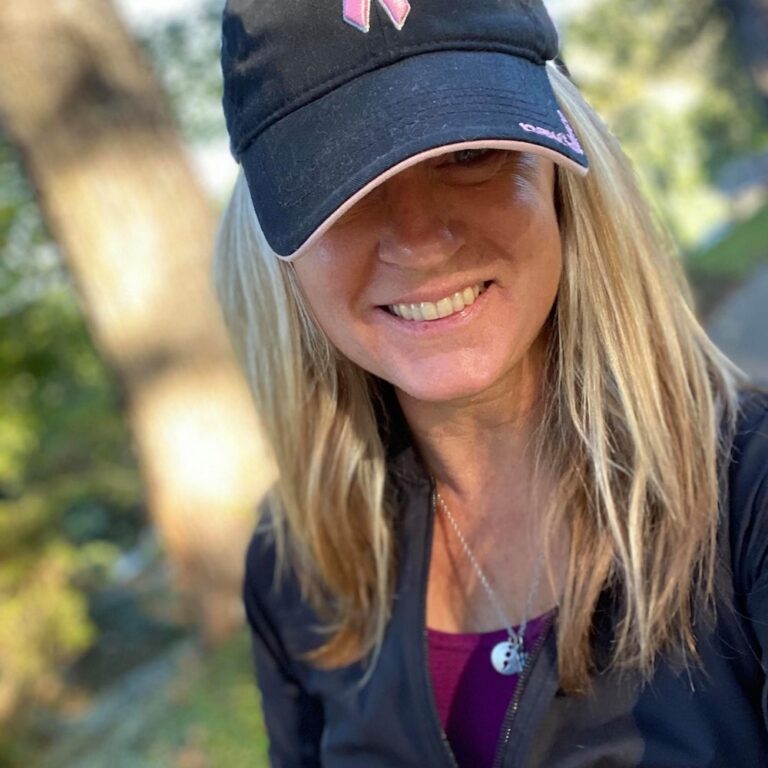Running to Honor My Sister
- Kym Klass

- Oct 6, 2024
- 3 min read
I first started running when I was 12 years old, something I started doing with my father as a way for the two of us to spend time together. I continued running on the cross country and track teams through middle school and high school. I picked it up again in my early 30s after my daughter was born – it was just something I have always loved and didn’t want to let go of.
I’ve always done this for myself. Always did it for a challenge. Always for the next race. Always did it because it was something I knew I was good at. Because it felt good. Felt free. It made me feel accomplished.
This went on for years. Nothing interfered with my schedule. There was nothing that would stop me from moving forward with new and more and more challenging goals.
Not until my sister died by suicide in October 2015. Instantly, I just didn’t have the breath in me to keep going. The wind was knocked out of me for weeks and even months. I stopped training for my third 70.3 race because I quit caring. Still, I knew I needed something. In order to keep moving forward, I registered for a marathon that would fall a few days after her one-year anniversary.
It was something that I knew, mentally, would keep me going. That I would do in a way to honor her. Katie didn’t run. I knew of one day in her life that she went out intentionally to run. She called me to tell me about it and about how good it made her feel.
Her depression was deep. Running helped her, andI encouraged her to cling on to it. But it didn’t last. I supported her as much as I could throughout her pain, but we lost her.
And while training for the marathon, anytime I struggled, I remembered how much she struggled with her mental health. And anytime it got hard, I remembered she had it harder. And anytime I wanted to give up, I would just repeat myself to just do it for Katie. That she struggled more, even to the end.
The day before the marathon, I switched to the half marathon because of a stomach virus. It was the hardest race, the slowest I’ve ever run. I walked so much. I couldn’t keep food down. I couldn’t keep water down. But I knew I had to finish, no matter what that looked like.
I ran for my sister. I ran for me. I finished because it was hard. Because what she faced was harder.
I think if we can continue running for others – and for ourselves – even knowing some days are going to be difficult, we need to remember there is always hope at the end of a race. We can keep going. And it’s not that simple. I know, because I watched my sister live it. I lived it.
I fell into a deep depression about a year after her death. It was hard to get out of bed, hard to run, hard to care. Some days, I just didn’t know how to move forward.
Other days, I thought it would be easier if I didn’t have to do anything. And those were the days I started pushing myself out the door the hardest because I knew what running could do.
Running brings freedom. It can bring comfort. Mental illness is a struggle to those who are hurting. To those who feel like giving up is the best option, I’m not necessarily asking you to run in your darkest days, but I’m asking you to not give up hope. There are those who will fight around you, for you, with you.
We are runners, comrades, – sisters, mothers, friends, fathers, sons, brothers. And while “Still I Run” brings awareness to mental health and running, on its forefront it brings together a community of survivors on all levels who love you, support you in your highs and, your lows.
Your loved ones. And who want you here. WeWho want you to find the hope. And wewho want to run and walk alongside you on your journey.



